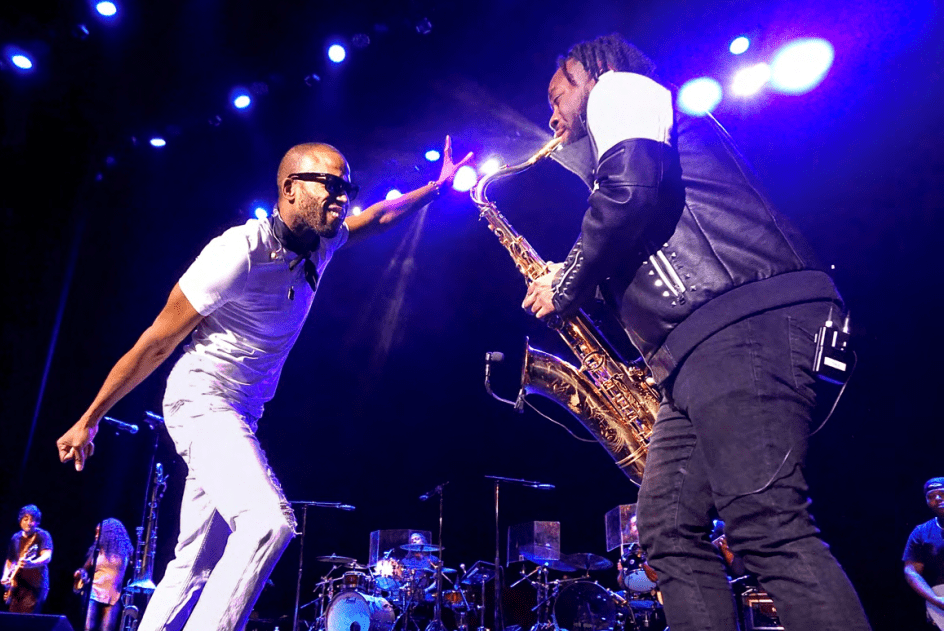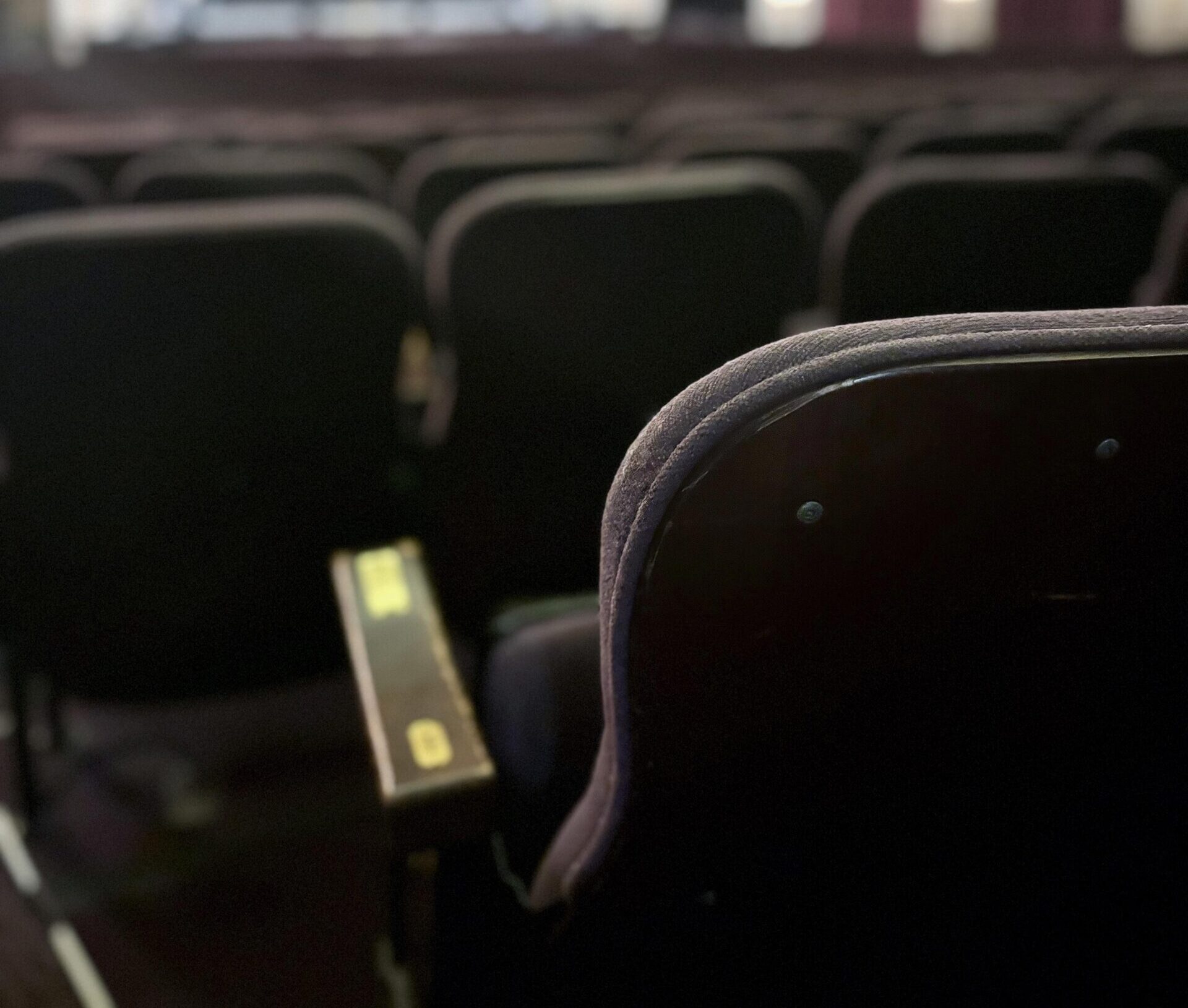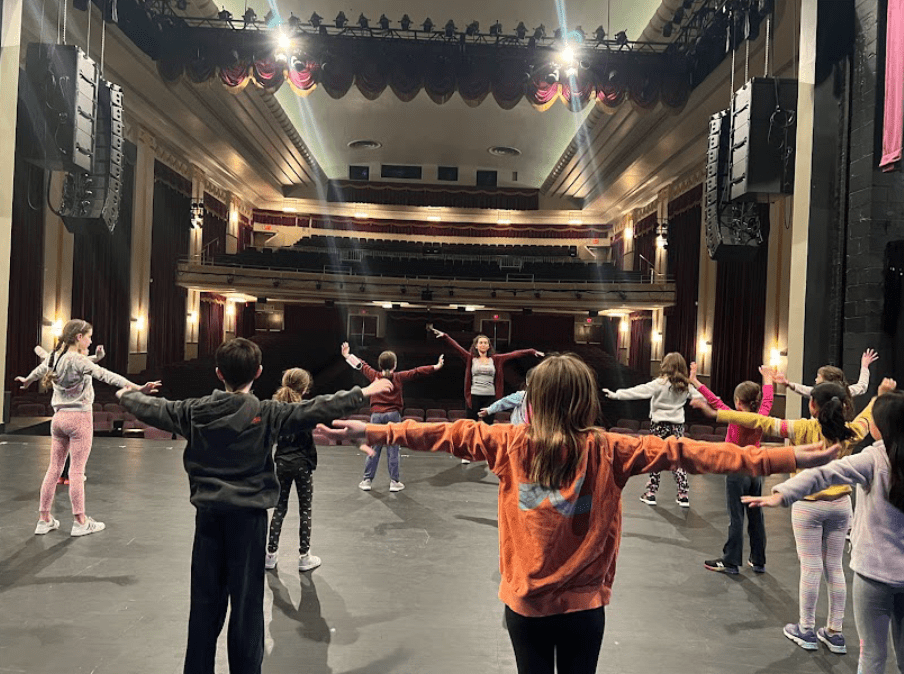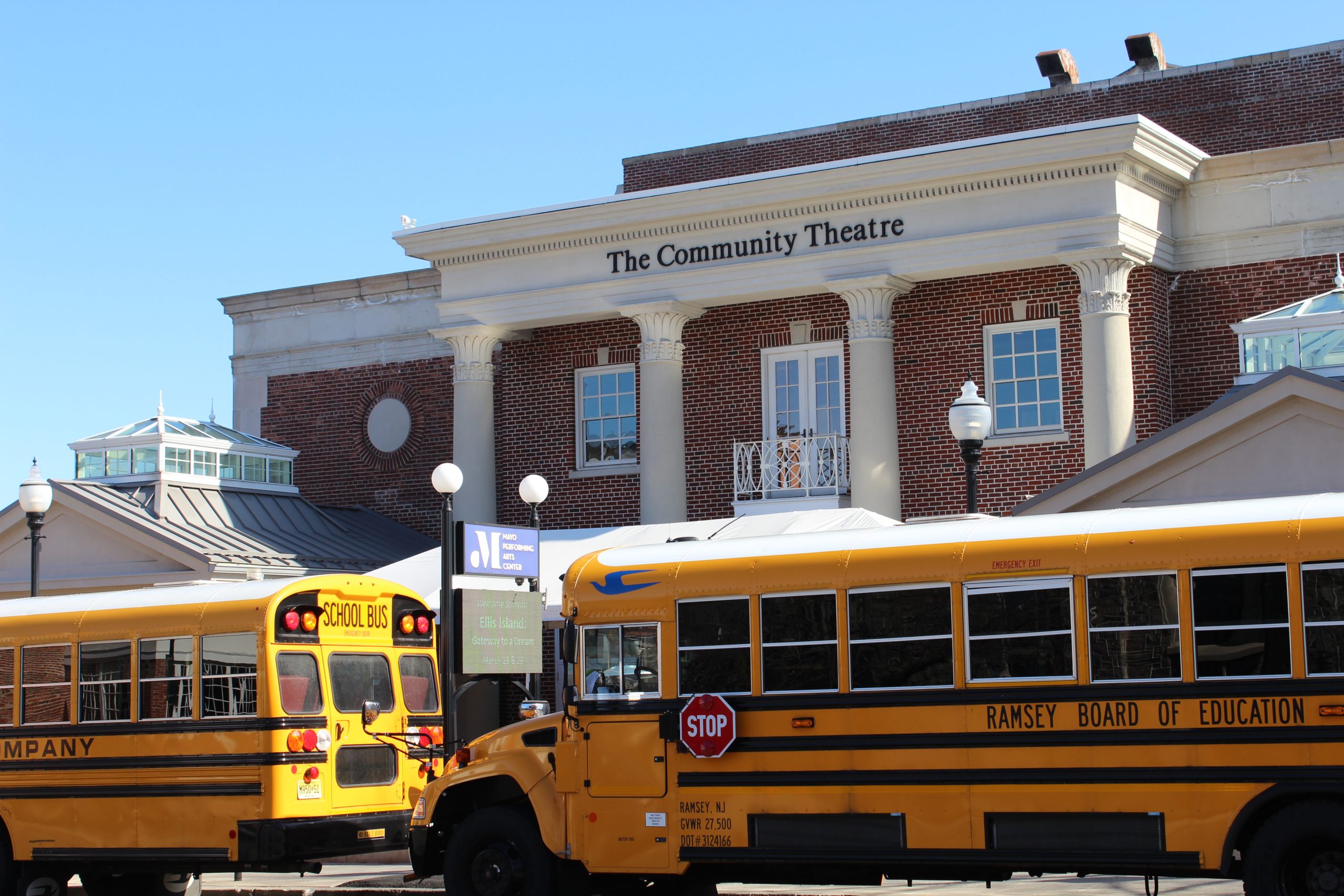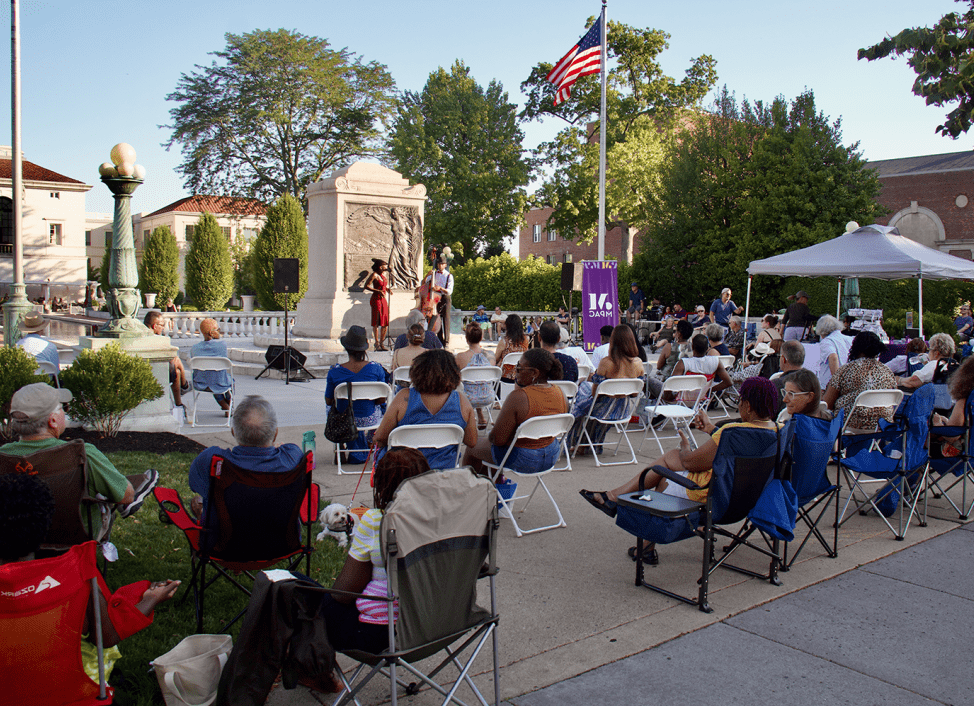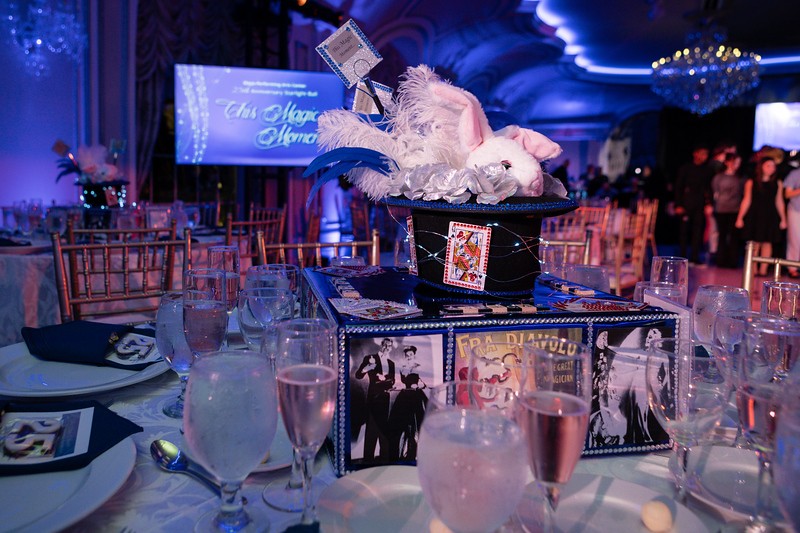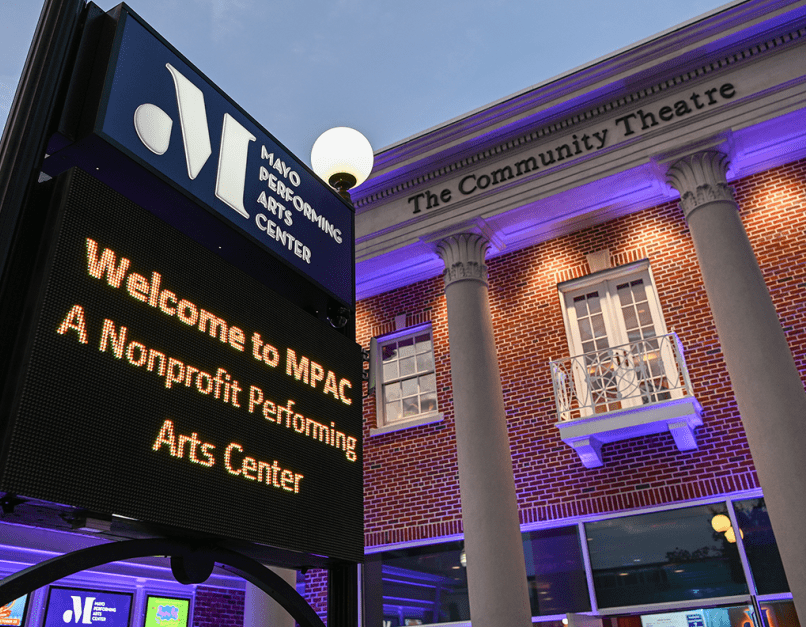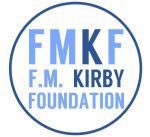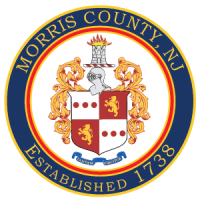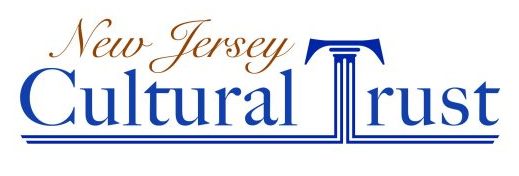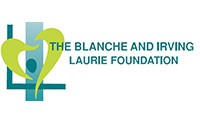
Read the Daily Record’s feature story on Felix Cavaliere and Gene Cornish’s Rascals as well as their upcoming performance at MPAC Friday, September 21!
Daily Record: “Cavaliere and Cornish Celebrate NJ’s Fab Four”
By Bill Nutt
Please note: Due to a last-minute illness, Gene Cornish will not be performing with the Rascals at this show.
When people talk about the Rascals and songs like “Good Lovin’” or “A Beautiful Morning,” one phrase crops up again and again: blue-eyed soul.
The term is a subtle way of distinguishing singers who are white – such as the two lead vocalists of the Rascals, Felix Cavaliere and Eddie Brigati – as opposed to African-American soul singers like Otis Redding or Aretha Franklin (R.I.P.).
However, that phrase rankles Gene Cornish, the Rascals’ guitarist. He feels that Cavaliere’s and Brigati’s voices need no qualification.
“It’s like hearing a female drummer and saying, ‘She’s a good drummer for a girl,’” said Cornish. “Felix and Eddie were soul singers, pure and simple.”
He puckishly added, “I was the only one in the group with blue eyes, and I didn’t have that kind of voice.”
Regardless of eye color, the Rascals – formed originally as the Young Rascals in Garfield in 1965 by Brigati, Cavaliere, Cornish, and drummer Dino Danelli – went on to become a mainstay of 1960s radio.
In less than four years, the group recorded 17 Top 20 singles, of which three (“Good Lovin,” “Groovin’,” and “People Got to Be Free”) reached Number One.
To celebrate that history, Cornish and Cavaliere have reunited for the first time in five years. They are joined on their current tour by Carmine Appice, a veteran drummer from Vanilla Fudge whose credits include playing with Rod Stewart and Jeff Beck.
Felix Cavaliere and Gene Cornish’s Rascals will return to their home state of New Jersey with a concert at the Mayo Performing Arts Center on Friday, Sept. 21.
The fact that the two men have played infrequently since the Rascals disbanded in the early 1970s is actually an asset, according to Cornish. “These songs feel fresh because there were years when we were weren’t together,” he said. “There’s an energy to it.”
Cornish credited Cavaliere with conveying that exuberance. “These are such wonderful songs that he wrote,” Cornish said. “He still gives it 100 percent.”
Appice has also revitalized the sound, Cornish added. “Carmine grew up listening to the Rascals. He enjoys playing the songs, and that brings more energy.”
As for Cornish himself, he expressed gratitude that, at age 74, he still is able to play for appreciative audiences. “You look at people in the audience, and they’re singing along to the songs,” he said. “The songs are still relevant to them.”
When they started, the Rascals were already seasoned players and music fans. All but Danelli had been members of Joey Dee and the Starliters. Cornish had long admired such guitarists as Duane Eddy and Scotty Moore (who played with Elvis Presley).
“We had all been in cover bands since high school,” Cornish said. “We weren’t looking for this as a way to meet girls. We were in this for the art.”
To that end, the four guys from New Jersey turned to another quartet for inspiration. “We would take Beatles records and slow them down to study them,” Cornish said. “We tried to do what they were doing, but in a way that was soulful.”
Cornish added that each member of the Rascals was capable of writing and singing. “We were four musicians who could be front men. Again, like the Beatles.”
Several Rascals songs were self-penned. “People Got to Be Free,” for instance, was written in response to the assassinations of Robert Kennedy and Martin Luther King. (The band was known for refusing to tour on segregated bills.)
In other cases, songs were covered but given a distinctive stamp. “Good Lovin’” had been previously recorded (with different lyrics) by a group called the Olympics. “We knew we could pull off songs like that,” Cornish said.
“Mustang Sally” (originally the b-side of “Good Lovin’”) was first done by Mack Rice. Cornish observed that the Rascals recording of “Mustang Sally” actually predated the hit version by their fellow Atlantic recording artist, Wilson Pickett.
Cornish stressed that the arrangements on the tour remains faithful to the records. “We may extend the instrumental parts, but we’re not doing smooth jazz or putting a rap in the middle,” he said. “We’re playing these songs the way they should be played.”
IF YOU GO: FELIX CAVALIERE AND GENE CORNISH’S RASCALS
WHAT: Two of the New Jersey-based band’s original members, joined by drummer Carmine Appice of Vanilla Fudge, play such 1960s hits as “Good Lovin’,” “Groovin’,” “A Beautiful Morning,” and “People Got to Be Free.”
WHEN: 8 p.m. Friday, Sept. 21.
WHERE: Mayo Performing Arts Center, 100 South St., Morristown
TICKETS: $49 to $89
INFORMATION: 973-539-8008 or www.mayoarts.org

